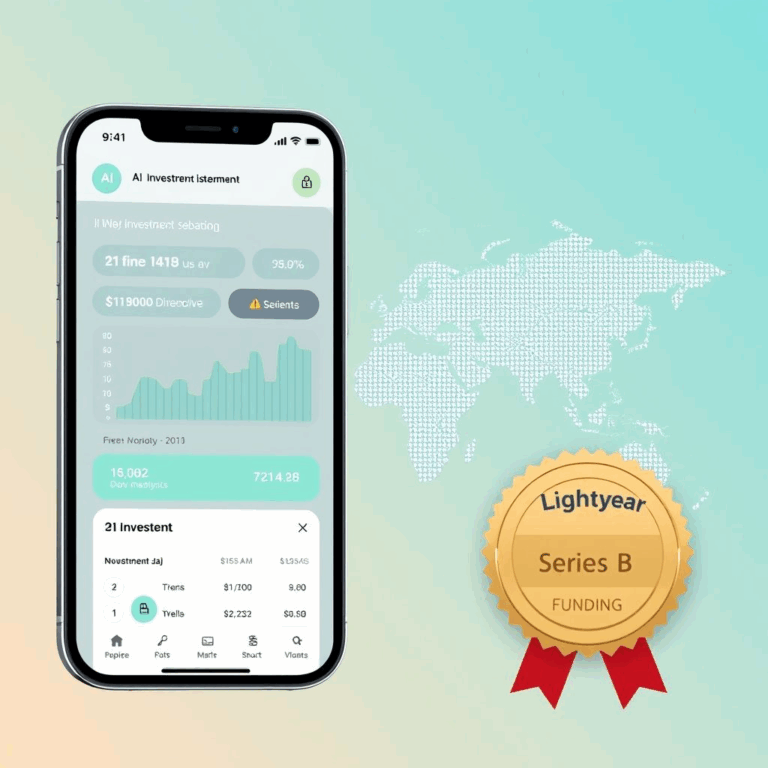Introduction
The global race in artificial intelligence has been defined by names like OpenAI, Google DeepMind, Anthropic, and xAI. Yet, a surprising new entrant is making waves: Parallel, an AI startup founded by former Twitter CEO Parag Agrawal. Backed by ₹260 crore in fresh funding, the company claims its models outperform GPT-5 by 10% in accuracy benchmarks, making this one of the boldest AI startup launches in recent years.
This announcement has put the spotlight back on Agrawal, who exited Twitter in 2022 following Elon Musk’s takeover. Now, instead of social media, his focus is squarely on building next-generation AI systems that can push beyond current limitations of large language models.
The Rise of Parallel AI Startup
Agrawal’s new venture, Parallel AI startup, emerges at a time when the AI sector is both saturated with competitors and flush with capital. Startups globally raised over $40 billion in AI-focused funding in the first half of 2025, yet few dare to claim superiority over flagship models like GPT-5.
Parallel positions itself differently:
- Focus on accuracy: The team claims benchmark tests show its language model outperforms GPT-5 by 10%, especially in tasks requiring nuanced comprehension.
- Deeper web integration: Parallel is designed not just to scrape or predict from internet text, but to understand context-rich datasets like legal frameworks, scientific research, and enterprise documentation.
- Enterprise-first approach: Unlike consumer chatbots, the startup’s roadmap emphasizes B2B solutions—providing AI that can streamline complex workflows in finance, healthcare, and law.
The Funding Round
The ₹260 crore (~$31 million) seed-plus funding was led by a mix of Indian and global venture capital firms, including several Silicon Valley investors who had backed Agrawal during his Twitter tenure.
According to industry reports:
- 75% of the capital will go toward expanding R&D and hiring AI researchers.
- 15% will support cloud infrastructure and compute costs, a crucial expense for training large models.
- 10% is earmarked for partnerships and enterprise pilots in India, the U.S., and Europe.
This distribution shows a strong prioritization of technology development over marketing, signaling Agrawal’s focus on establishing Parallel’s technical credibility first.
Expert Reactions
The bold claim of outperforming GPT-5 has raised eyebrows in the AI community.
- Dr. Meera Iyer, AI ethics researcher at IIT Bombay, said:
“Parallel’s claim of 10% higher accuracy is significant if true. But benchmarks can be gamed—what matters is independent evaluation and real-world application.” - Rajiv Menon, venture capitalist at Accel India, commented:
“Agrawal brings credibility, network, and technical chops. Investors are betting not just on the product, but the pedigree of the founder.” - AI skeptics caution that many startups in the space have made bold promises only to scale back later, citing challenges like high compute costs and lack of differentiation.
Why Parallel Matters in AI Landscape
- A New Challenger to Big Tech: If Parallel proves its accuracy edge, it could emerge as the first Indian-origin global AI competitor to OpenAI and Anthropic.
- Focus on Trustworthy AI: Agrawal has spoken about building bias-resistant AI, an area where GPT models have faced criticism.
- Enterprise Disruption: Sectors like legal analysis, compliance, and finance could be early adopters, benefiting from more accurate AI comprehension.
Challenges Ahead
- Scaling Compute: Training frontier AI requires billions in investment. Parallel will need sustained funding rounds or partnerships with cloud giants.
- Proving Accuracy: Independent benchmarking and peer-reviewed results will be necessary to validate the 10% accuracy claim.
- Global Competition: With OpenAI launching agentic AI systems and Google doubling down on Gemini, Parallel faces stiff competition.
Future Outlook
The Parallel AI startup could become a trailblazer if it manages to:
- Release open benchmarks and demos within 6–12 months.
- Secure enterprise contracts in India and overseas.
- Expand its model capabilities beyond text to multimodal AI (images, video, audio).
Agrawal’s re-entry marks a significant moment: an Indian-origin founder leading a global AI startup from day one.







